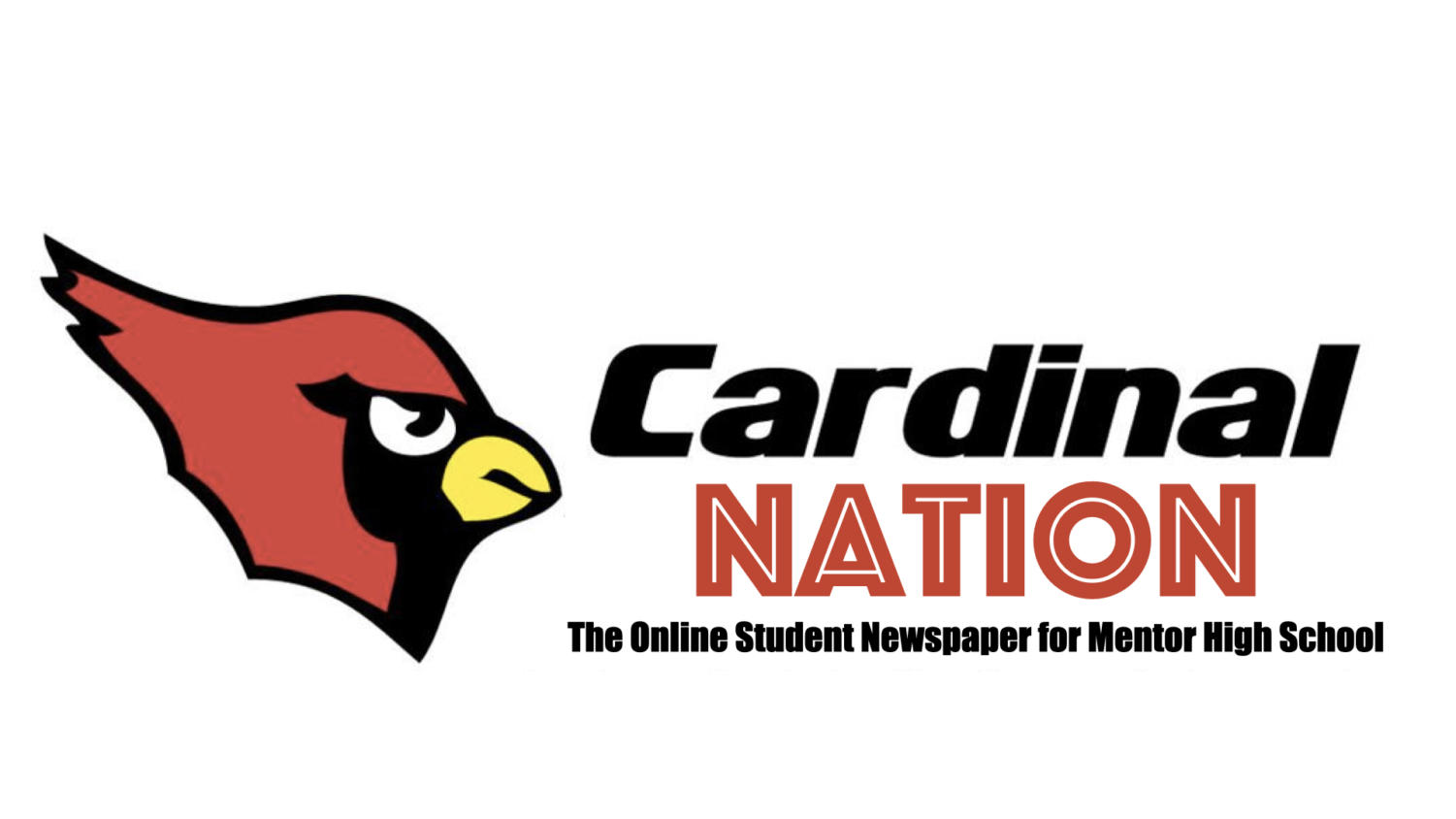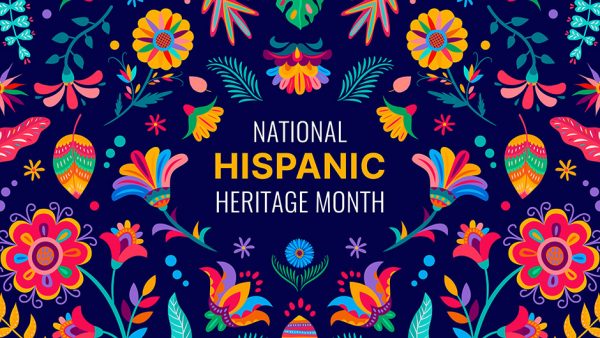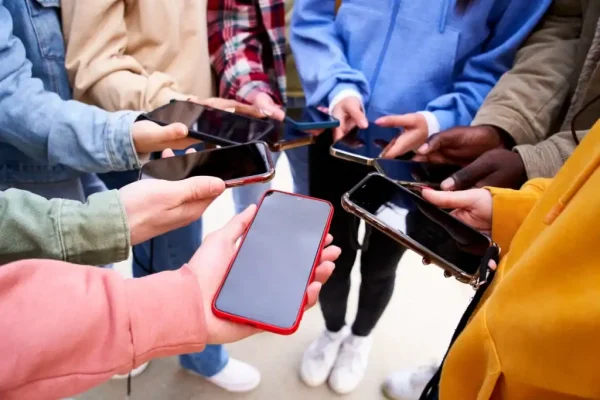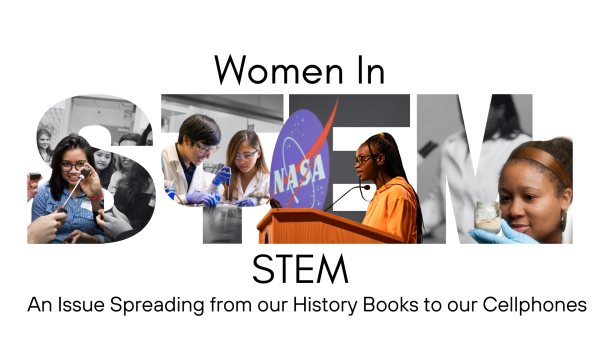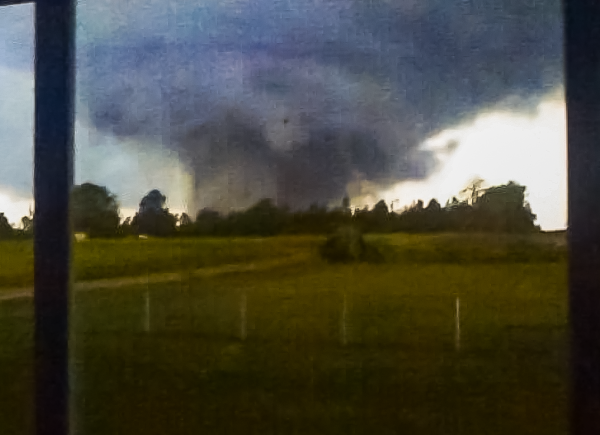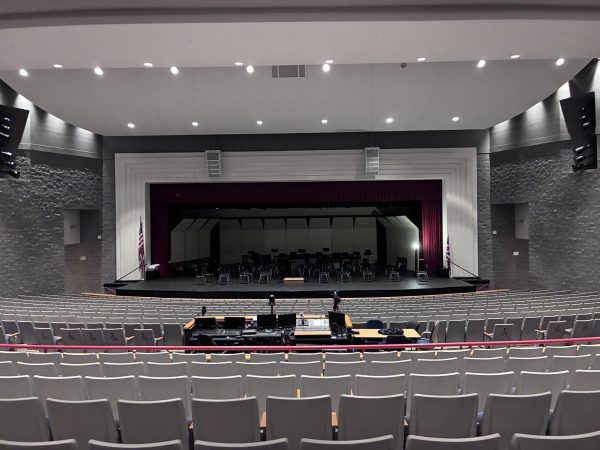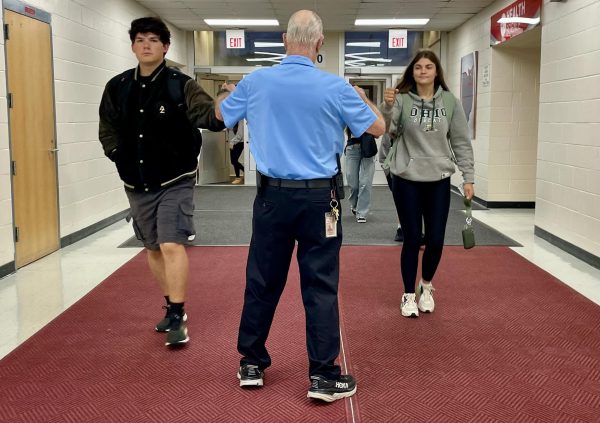GLSEN Day of Silence
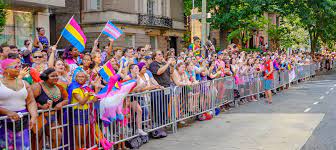
Today, April 14, is the annual “Day of Silence” as sponsored by GLSEN
This morning, you may have noticed that some people are unusually quiet. Maybe you’re a bit weirded out by it, even. This is part of a nationwide demonstration in schools that happens annually and is organized in this school by Ms. Gomori, a Unit 9 counselor and Pride Club advisor.
Every year on April 14, members of and allies to the community take a vow of silence to protest the effects of harassment and discrimination on LGBTQ+ youth. The Day of Silence is sponsored by the Gay, Lesbian, and Straight Education Network (GLSEN) in an attempt to bring light the problems faced by this group of people. GLSEN, in its own words, works to “end discrimination, harassment, and bullying based on sexual orientation, gender identity and gender expression and to prompt LGBT cultural inclusion and awareness in K-12 schools.” They lobbied for the passing of the Safe Schools Improvement Act of 2021, which prohibits bullying or harassment because of somebody’s race, sex, ethnicity, orientation, gender identity, religion, or disability in elementary and middle schools.
To some people in Mentor High School, the Day of Silence is extremely important for fighting for the rights of youth to be able to express themselves. Even if many people do not agree with the need for a Day of Silence, it is imperative to respect fellow students and allow them their right to protest as stipulated by the First Amendment.
Positives of the GLSEN Day of Silence
Cardinal Nation asked Ms. Gomori, the adult supervisor for Pride Club, some questions on the importance of the event, participation in the event, and public reception to the event.
Ms. Gormori thinks the GLSEN Day of Silence holds importance to many people in the community, even if they are not in the LGBTQ+ community. She mentioned the awareness and attention this day can bring each and every year. For each year, there is a different card that is given to participants, explaining the reasons for being silent. She told me that this year’s card states: “Today is the national day of action pushing back against the silencing of LGBTQ+ youth and erasure of their experiences.” The DOS also gives students the opportunity to take part in a student-led demonstration and feel a part of something. According to GLSEN, another goal of the DOS is to “bring attention to ways their schools and communities can become more inclusive.”
She heartily recommends Pride Club for anybody in the LGBTQ+ community to share experiences with each other and be able to work towards change in the school district. She also mentions the Gender Sexuality Alliance as a great stepping stone towards making Mentor a more positive environment for this minority.
Generally, the reception of this event in Mentor has been accepting, though with low participation. She worries that this year will have lower-than-average participation rates because the announcement about the DOS just got in yesterday.
Next, we talked to the president of Pride Club at Mentor High School, who wished to remain anonymous.
They believe the DOS is very important in spreading awareness to the struggles of LGBTQ+ students. The event symbolically represents the silencing of these students by various factors. Many people who don’t identify with societal norms of sexuality and gender often have to stay “in the closet,” where they are aware of their identity but do not or cannot share it with others. The main culprit of this in American schools is bullying, with over 80% of LGBTQ+ students reporting either harassment or assault in schools. From their view, the reception to this event is either indifferent or antagonistic.
Negatives of the GLSEN Day of Silence
Asking other members of the LGBTQ+ community and Mentor as a whole, we found some negatives as well. Many people in the community don’t want to draw attention to themselves and just want to live their lives. These people might participate, however, if enough students partake in this event. The politicization of LGBTQ+ individuals has had a profound impact on them, as many feel like they aren’t being treated as people by either side of the political spectrum.
Another complaint with this event is related to coursework and the staff specifically. If people are going to be silent the whole day, then how will they get anything done? Many classes do not require talking, but the students greatly benefit from actively participating in class related discourse. In my government class, for example, students get to share their political opinions and discuss them with each other in a civilized manner, which will help tremendously for being a great citizen in the future. The Day of Silence can inhibit that.
Participation
If you want to participate, you can see Ms. Gomori in the Unit 9 Office located in lower A-Wing to sign up and obtain a sticker. If you can’t do that, then being able to participate on your own volition is acceptable as well. You need to make sure that your teachers know before the class (methods include writing it on paper, showing your sticker, or other means) to ensure that you aren’t forced to speak. In classes where presentations or the like are being given due to projects, you might have to speak for that part before being silent again.

Drew Parker, class of 2024, is a dedicated learner, mainly taking interest in historical studies and mathematics. Drew takes five AP classes this year,...
